Docks in Hong Kong, June 24, 1939 – L to R: unidentified aide to Frantisek Urbana, Leo Lilling (Valdik’s “distant cousin), and Oswald “Valdik” Holzer, a stateless Czech citizen on his way to China after escaping his Nazi-occupied homeland (then the German Protectorate of Bohemia and Moravia)
According to the United Nations, every minute, 8 people leave everything behind to escape war, persecution or terror. According to the UN, at the end of 2011 throughout the world there were 42.5 million forcibly displaced people of which 12 million were stateless. Seven decades earlier, my father, Dr. Oswald “Valdik” Holzer, became a stateless and displaced person when the Nazis occupied his Czech homeland in March, 1939. June 20, 2013 is World Refugee Day.
With his well-founded fear of persecution by the Nazis, my Jewish father said good-bye on May 21, 1939 to his parents, Arnost and Olga Holzer, at Prague’s Woodrow Wilson Train station. He was boarding a train for Paris on his way to Marseilles to catch a ship to China. One document of his Nazi-required emigration paperwork said he was going to work for the Bata Shoe Company in Singapore. It wasn’t true. It was just necessary paperwork to go with his black market bought visa and boat ticket to China. The Bata document saved his life. Three years hence, in May 1942, his parents became victims of Sobibor Death Camp. Forty-two other relatives perished at other concentration camps.
When he departed Prague, he carried only a suitcase with a few important documents, clothing, camera, and medical equipment that he later used to practice medicine for the American Brethren in Ping Ting Hsien, Shanxi Province. In China, 1939-1941, Valdik was stateless. He did not have a recognized nationality and therefore belonged to no country. Czechoslovakia had ceased to exist. The Czech lands became the German Protectorate of Bohemia and Moravia. When he left his chaotic homeland, he had no idea his journey in search of a final safe harbor would last six years and cover five continents. His fate included falling madly in love in 1940 in Peking (Beijing) with a beautiful American missionary, Ruth Alice Lequear {later to become my mother}.
It was in America that my father rebuilt his life. On a peaceful island on the east coast of Florida he created a new home for my mom, brother, sister and I. He became a proud and loyal American citizen, valuing the many freedoms that come, sometimes not easily, with our democracy. A family physician in Melbourne, Florida for over forty years, one year he delivered over 200 babies. He gave generously of his time, talents, and money to community services for the needy, disabled, and elderly. He donated ten years of his life as Campus Doc at Florida Institute of Technology. My father represents what is great about the many immigrants who have adopted our country as their own.
But he never forgot his native land nor the many friends and family who lost their lives during WWII. He supported relatives who survived the war but then were forced to live behind the Iron Curtain under Communism. After their homes and businesses were nationalized and their human rights taken away, they needed help. In the 1960s, our family temporarily housed a Cuban family that also was displaced by a communist regime which confiscated their property and threatened their well-being.
World Refugee Day – June 20, 2013 – reminds us all of how precarious life can be. With the turn of a page in history, whether from a persecution, war, terror, or the effects of natural or human-made disasters – things can change drastically in a minute.
Take time on June 20th to remember how important it is to help those less fortunate than you – people just like you who suddenly become refugees against their will.
Joanie Holzer Schirm is an Orlando, Florida author of the recently published Adventurers Against Their Will. Described by former Secretary of State Madeleine Albright as “a brilliant and compelling account of men and women caught in the turbulence of war…” Adventurers is based on revelations from a secret treasure trove of 400 WWII letters by 78 Czech writers. As a modern day sleuth, Schirm goes in search of 7 of the letter writers who turn out to be friends and cousins who wrote to her father as displaced people from within the Czech lands during the occupation or from places where they escaped to like Great Britain, France, South America, China and America. www.joanieschirm.local

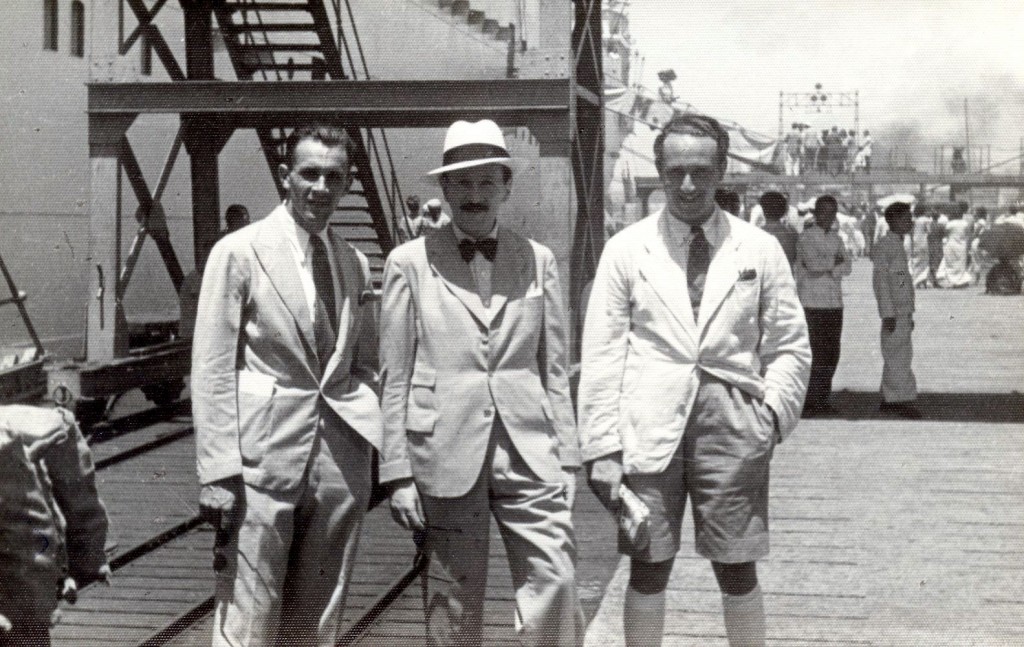
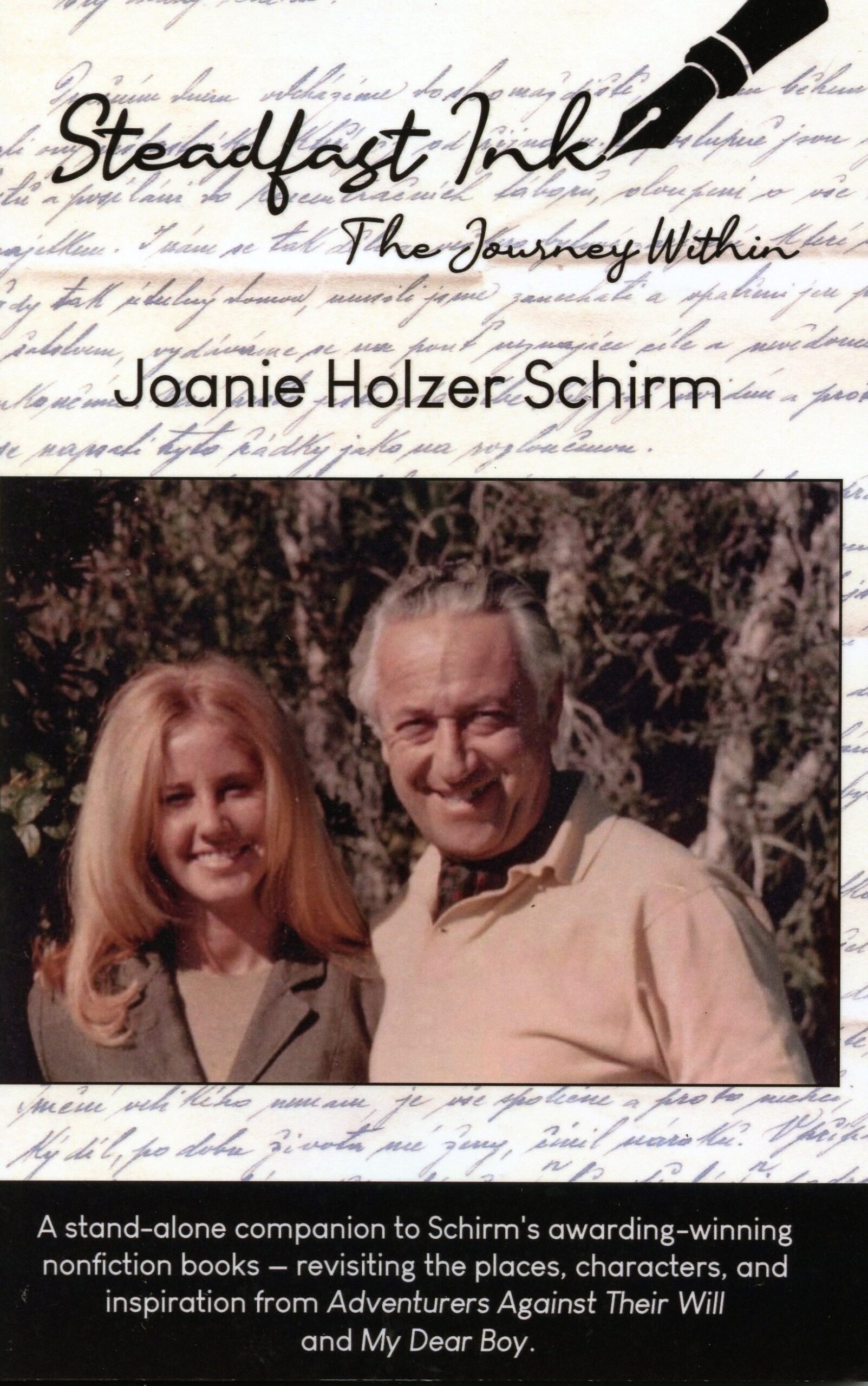
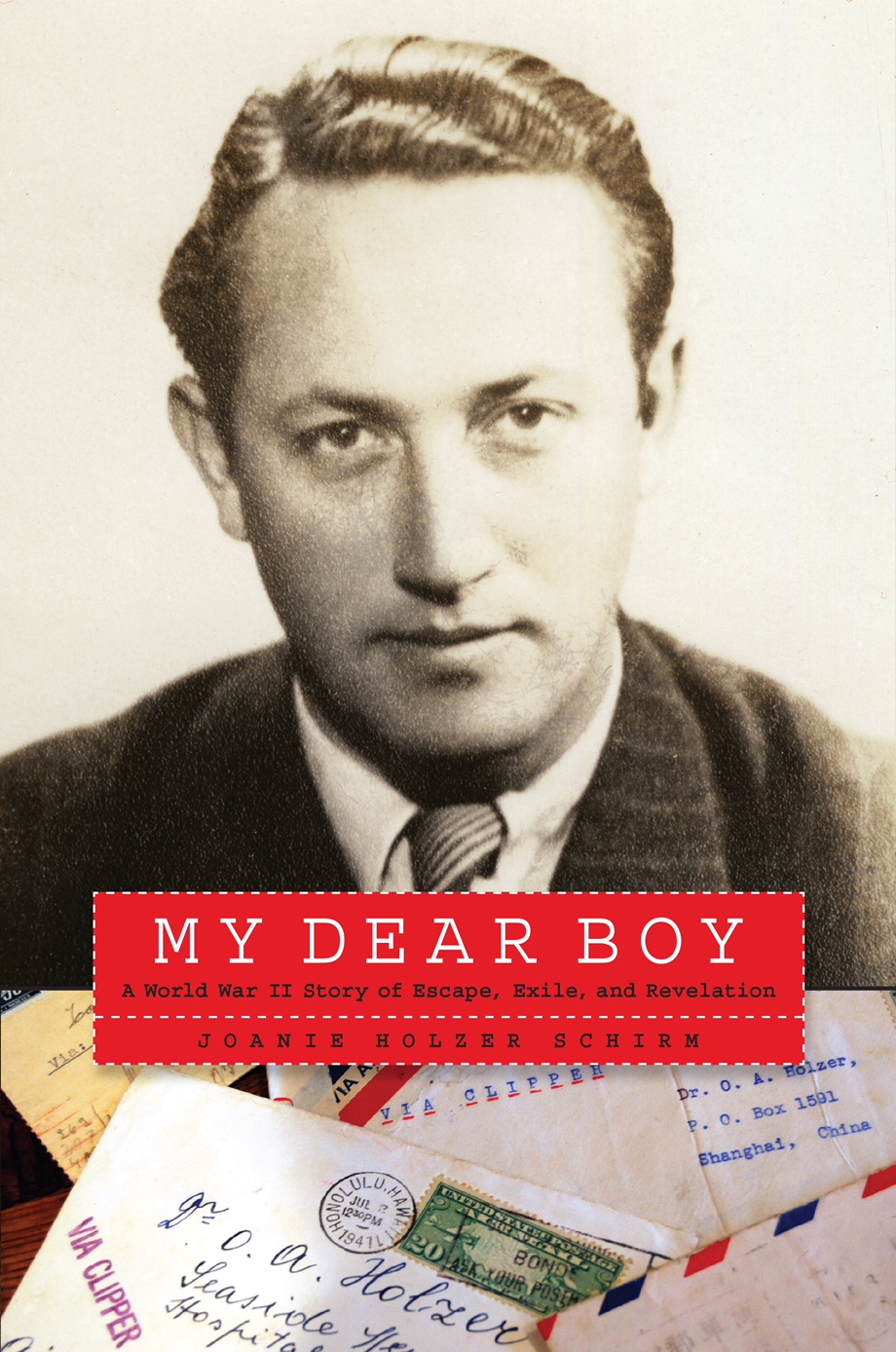
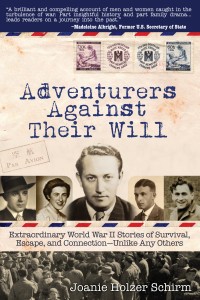
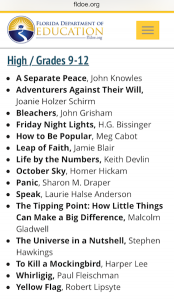
Dear Joanie,
Your work is very interesting and I am keen to know more about the photograph on this page. You refer to the man on the right as ‘unidentified aide to Frantisek Urbana’, but if you click on the photo it mentions ‘Frank Ulbanek’. I am trying to trace a Czech refugee called Frank Ulbanek who ended up in India and was friends with my grandfather. I thought your photo may be able to help me.
With kindest regards,
Neela